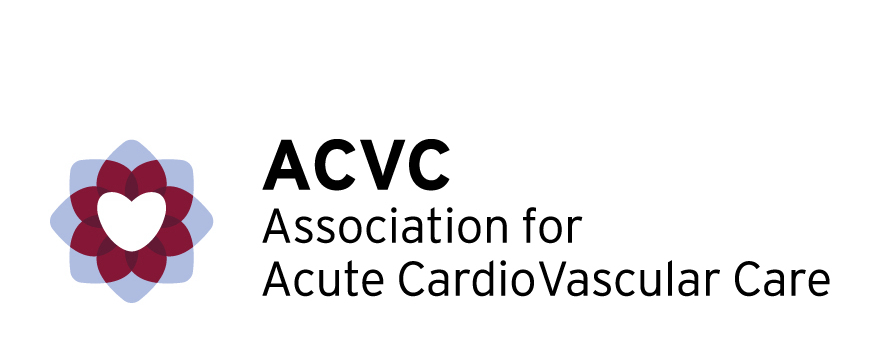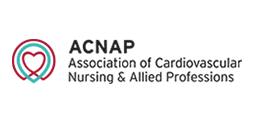Travelling after a heart attack requires careful consideration, but it is often possible.

You can travel as a passenger by car or train soon after being discharged from the hospital. When travelling by car, it’s important not to drive yourself and to ensure that you take frequent breaks during long journeys. Since legal regulations may differ between countries, always check local laws related to driving and health conditions before you travel.
When it comes to flying, fitness to fly varies based on individual circumstances. You should consult with your doctor to determine when it is safe for you to fly. This decision will depend on factors such as the severity of your heart attack, the length of the flight, and whether you will be travelling alone or with someone. Generally, flying poses a low risk after an uncomplicated heart attack, and many patients are cleared to fly as early as three days post-discharge. For those who experienced complications during their heart attack, it’s advisable to delay flying until their condition has stabilized. If travel is necessary within two weeks of the heart attack, your doctor may suggest traveling with a medical escort due to the risks associated with low cabin oxygen levels. Additionally, it is crucial to consult with your insurance company and airline before travelling, as policies regarding air travel for passengers with chronic health conditions can vary significantly.



